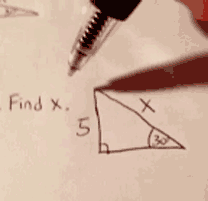Reading and comprehension across all subject areas has never seemed that important to me, until now. Now that I want to become a middle school teacher and strive to be the most effective teacher I can be. Given that I have spent many years reading many different articles and passages, when I am given a passage to read, I read through it and unconsciously make connections to my prior knowledge. I rely on my understanding of related material I already know to make an understanding of the reading that is front of me. Middle school students may not, in fact probably will not, have the same prior knowledge I do on certain topics. It is my job as an effective educator to provide my students with schematic cues and triggers that bring prior knowledge to the surface and sometimes provide new knowledge necessary for understanding the passage that is given. Reading comprehension relies heavily on prior knowledge and is hard to master if not given to appropriate information before reading.

If this is what reading involves, what can I do as a mathematics and science teacher to help my students read effectively? Daniels and Zemelman answer this question perfectly when they stated, “If we understand that reading is not just ‘receiving a message,’ but actively building upon prior knowledge, using staged, strategic thinking, then we will teach differently” (Daniels and Zemelman 41). I was not aware that reading relied on prior knowledge as much as it does until I was forced to read the passage about RNA research. I was not able to make any connections to the passage because I do not have a strong background in that scientific field. If I was given a pre-passage about what RNA is and what the function of RNA is, it might have made the passage easier to understand. I will take this new information and implement the use of prior knowledge in my classroom to allow my students to better understand their subject-relevant reading passages.
334
Kaylie Herbert

